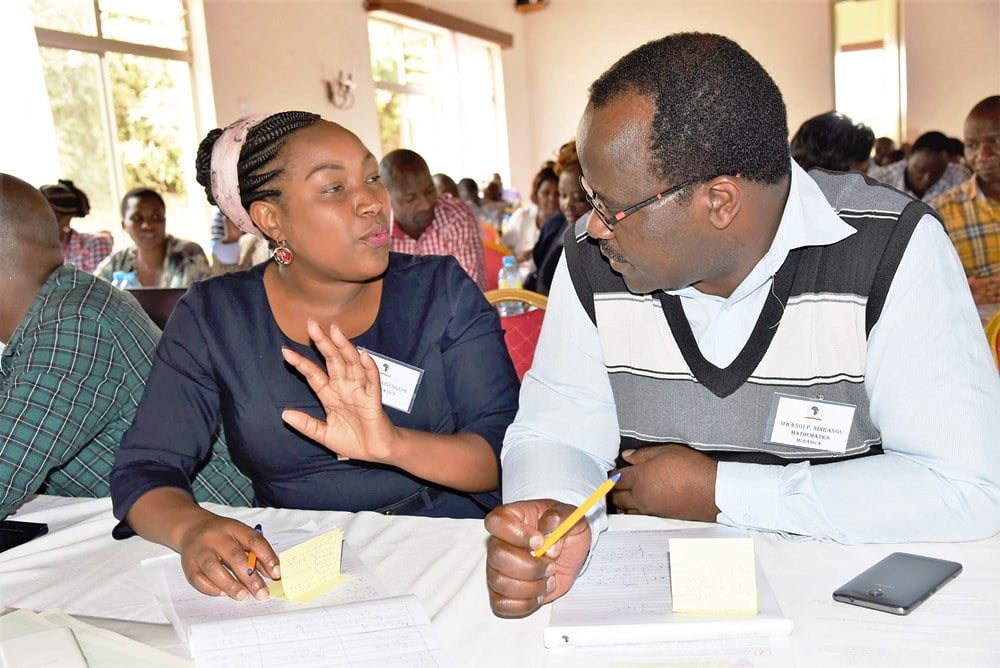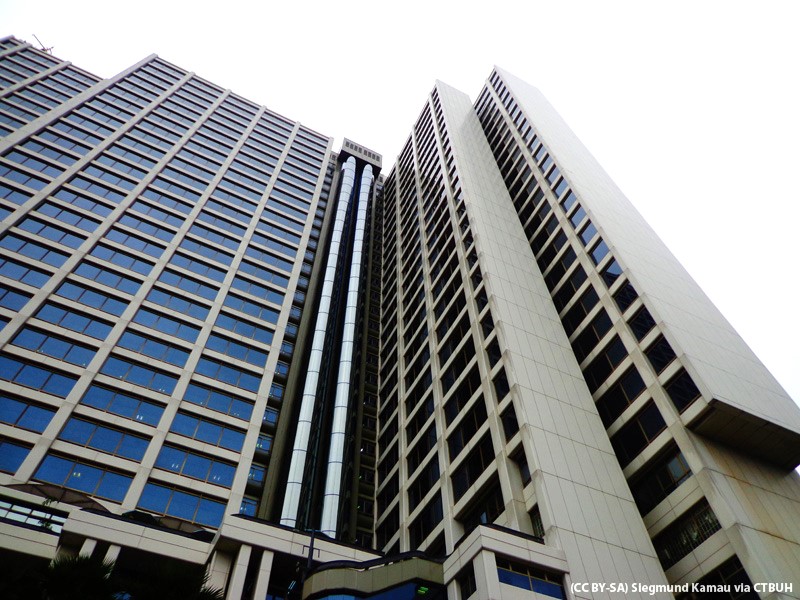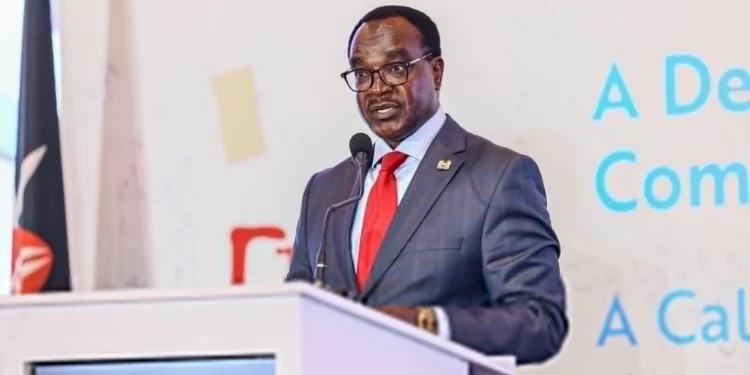By Roy Hezron
The findings of a research titled A Midterm Evaluation for School Based Teacher Support System conducted by a Word Bank (WB) sponsored project dubbed School Based Teacher Support System (SBTSS) has revealed that Kenyan teachers are still scared of using technology to teach Sciences, Mathematics and English in primary and secondary schools.
The findings of the research, which was conducted between 2020-2021, reveal that teachers need to be sensitized to change their attitude and perception towards the use of technology and learning in the classroom.
“Teachers are set in their old ways of teaching and are afraid or scared of change especially the use technology in teaching and learning. It is recommended that sensitization on attitudinal and perception change on use of technology in teaching and learning be undertaken,” reads the report.
The survey was commissioned by the Teachers Service Commission (TSC) through tender number TSC/SEQIP/RFP/001/2020-2021 and was awarded to an Information Technology (IT) consultancy firm, the 3D Africa Communication Limited.
The scope of the evaluation was 110 sub counties spread across 30 counties targeted by the Secondary Education Quality Improvement Project (SEQIP).
The Centre for Mathematics, Science and Technology Education in Africa (CEMASTEA) trains on Sciences and Mathematics while the University of Nairobi (UoN) staff spearheaded English under the SBTSS.
The evaluation was meant to identify the extent the SBTSS training program contributed to the success in the teaching of Science, Mathematics and English in primary schools and English, Mathematics, Biology, Physics and Chemistry in secondary schools.
564 primary school teachers drawn from the target counties participated in the midterm evaluation. 35.6 per cent of them comprised Mathematics teachers, 32.2 per cent teachers of English and 32 per cent were Science teachers.
In secondary schools, 432 teachers drawn from the SBTSS target counties participated in the midterm evaluation.
32.4 Per cent were teachers of English, 22.2 percent were teachers of Biology, 16.7 per cent were Mathematics teachers and 16.7 percent and 12 percent were Physics and Chemistry teachers respectively.
The research findings indicated that despite the technology use in delivery of lessons being rated effective by primary school teachers, it had the lowest score of 70 per cent since teachers were comfortable with their old teaching methods.
The primary school teachers ranked lesson notes and lesson plans at 88 percent each as the most effective methods of preparing classroom delivery lessons while Scheme of work and teaching aids followed in the order of 86 per cent and 79 per cent respectively.
The evaluation findings revealed that in secondary schools, the use of technology in delivery of lesson was the last in the rank with a score of 70 percent, which was below the 75 per cent threshold.
Lesson notes, lesson plans and teaching aids were ranked first, second and third with a score of 84 per cent, 82 per cent and 78 per cent respectively while Scheme of work was ranked fourth with a score of 77 per cent.
The SBTSS programme overall classroom delivery of lessons mean was 4.1 in both primary and secondary schools.
It also emerged that the 3-day training session was not adequate to cover the content exhaustively hence a need for the players to consider a 5-day session which would be an ideal period to learn new approaches, internalize and apply the concepts.
The many competing and complimentary programmes being implemented on the ground both by TSC and the Ministry of Education (MOE) also made it difficult for the Curriculum Support Officers (CSOs) to coordinate and support each program being implemented effectively.
SBTSS Training impact to Teachers
Generally, the evaluation found out that in primary schools, the outcome of training had an overall mean rating of 3.9 implying the participants acquired the intended skills, knowledge and proficiency from the SBTSS training program.
This includes 86 per cent of primary school teachers agreeing that the training motivated them to learn more as 83 per cent agreed that their curriculum delivery methods improved greatly after the training.
Furthermore, 82 per cent of teachers agreed that the training helped to change their attitude in teaching and 79 per cent of the teachers agreed that the training provided an opportunity for exchange of new information, knowledge and experiences among participants.
Additionally, 77 per cent of the teachers agreed that the training provided them with both theory and practical skills in their field, 72 per cent agreed that their content proficiency developed and 70 per cent of the teachers agreed that their pedagogical knowledge developed.
On the other hand, in secondary schools with an overall mean of 4.0, the SBTSS programme confirmed that the training produced the intended outcome, with 89 per cent of the secondary school teachers agreeing that the training provided an opportunity for the exchange of new information, knowledge and experiences among participants.
Another 84 per cent said that the training motivated them to learn more with 78 per cent being of the opinion that their curriculum delivery methods improved greatly after the training.
A further 75 per cent claimed that the training has helped to change their attitude in teaching and provided both theory and practical skills in their field while 75 per cent of the teachers claimed their pedagogical knowledge as well as their content proficiency developed.






